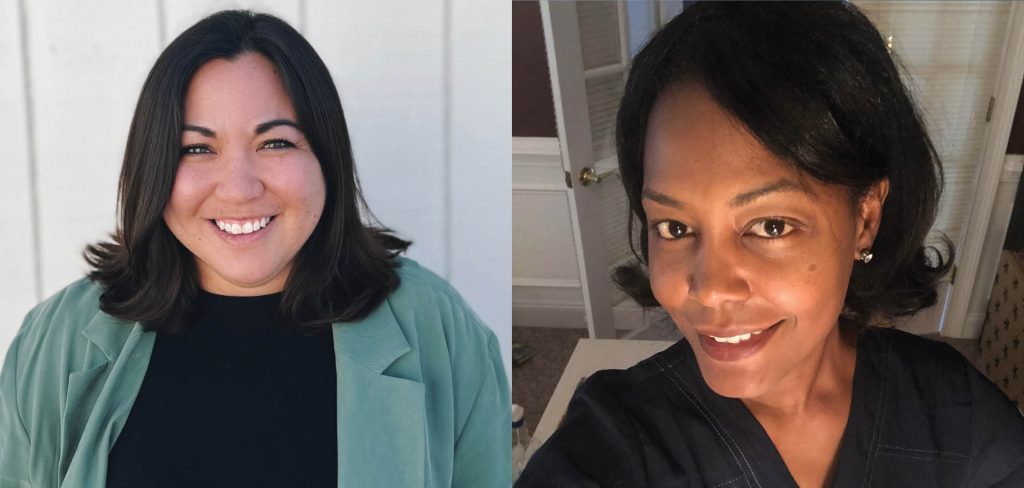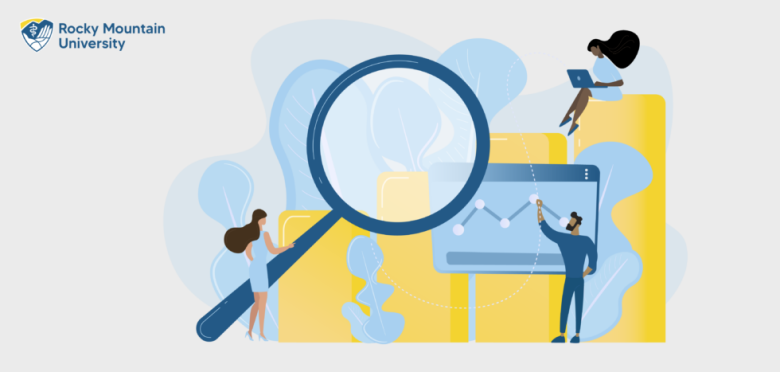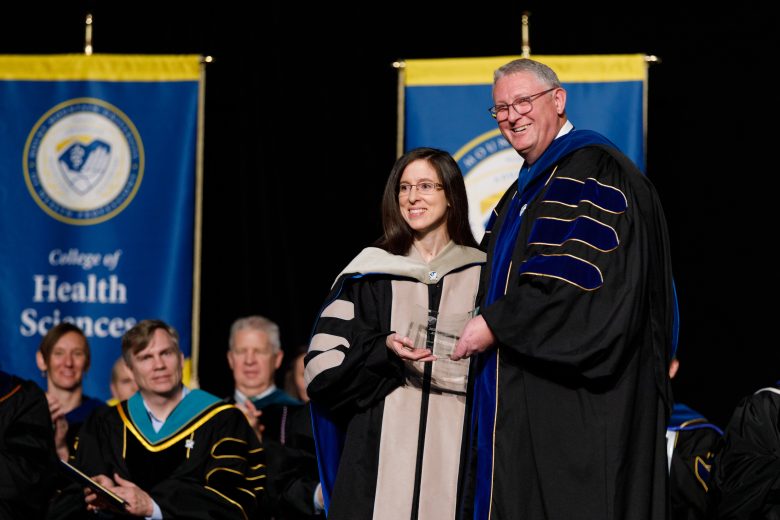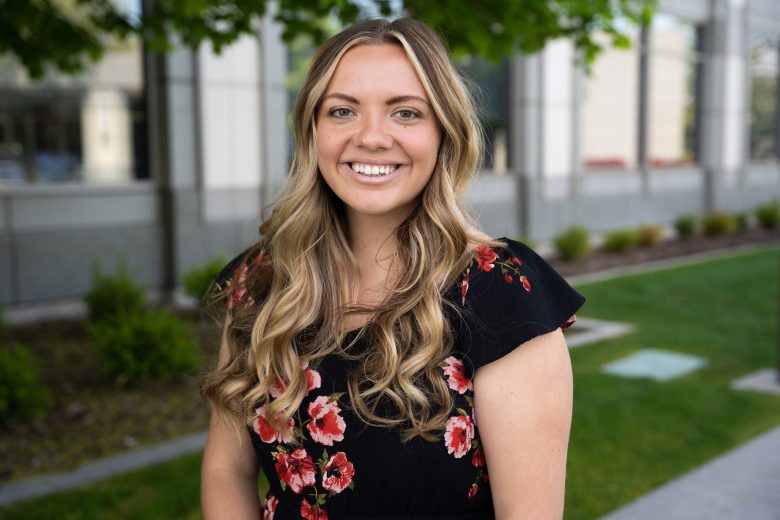
For Marissa Caccavale, working in communication disorders has always been the plan.
“One of my dearest friends growing up had some challenges in the area of communication and one thing he always used to say was he felt like no matter how hard he tried he could not ever adequately express what he was thinking and feeling. This resonated with me very strongly and I knew I wanted to work in a profession that helped people express themselves,” said Caccavale.
Now, Caccavale is a student in the Doctor of Speech-Language Pathology (SLPD) program at Rocky Mountain University of Health Professions (RMUoHP), where she works with students who struggle to communicate, including those with Autism Spectrum Disorder (ASD).
On the other side of academia, Kelly Robinson, ClinScD, CCC-SLP, a faculty member in the SLPD program, expressed similar enthusiasm about working as an SLPD with ASD patients.
Robinson explained, “Later in my career, I was introduced to Early Intervention Services with pediatrics. From that point I found a new love, which included working in natural environments of families of children with communication disorders. This position was a melting pot of everything that I loved about being a speech language pathologist.”
As Robinson continued to work with children with communication disorders, she encountered many patients with ASD and developed a passion for helping them overcome their communication disorders as well as helping their families know how to work with them.
“While working with families of young children across their natural environments, I became familiar with Autism and the multivariant impact it had on the community. I worked with multi-disciplinary teams to coach families to stimulate early language development in their children, improve safe tolerance to food textures, and increase cognitive skills while actively engaging in activities of daily living,” explained Robinson.
Where Robinson found her passion later in life, Caccavale began to work specifically with autistic students as an intern during graduate school.
“There was always this emphasis on so-called negative behaviors (thankfully this view is shifting in the field),” said Caccavale. “Instead of looking at the behaviors as something that needed to be extinguished, the fantastic SLPs who mentored me taught me to view them as attempts to communicate something.”
Caccavale explained, “Thinking about how frustrated I would be if I could not express myself and experiencing the utter joy of working with students to start communicating and advocating for themselves really solidified that I wanted to work with autistic people.”
Having now worked with patients who have ASD, Caccavale described the autistic community as having “so many unique skills and talents and how they view and experience the world is spectacular.”
However, with these unique skills and talents comes many unique challenges as Robinson explained.
“Families of children with Autism have many unique needs that often change as their child grows. Learning how to understand and meet the needs of families while also helping the ‘child or individual’ improve is not easy,” said Robinson. “An investment of time, relationship building, perseverance, understanding, patience, and caring is required from the SLP, parent, and individual with Autism.”
Robinson added, “The SLP profession has a huge responsibility to help spread awareness and educate the community on how to support and help individuals with Autism.”
Caccavale added to this idea, “Communication, feeling connected and understood, and the sense of belonging and safety that comes with expressing oneself effectively is something all humans should have access to and be able to do to the fullest extent possible.”
To learn more about the Doctor of Speech-Language Pathology program at Rocky Mountain University of Health Professions, visit the program website.



